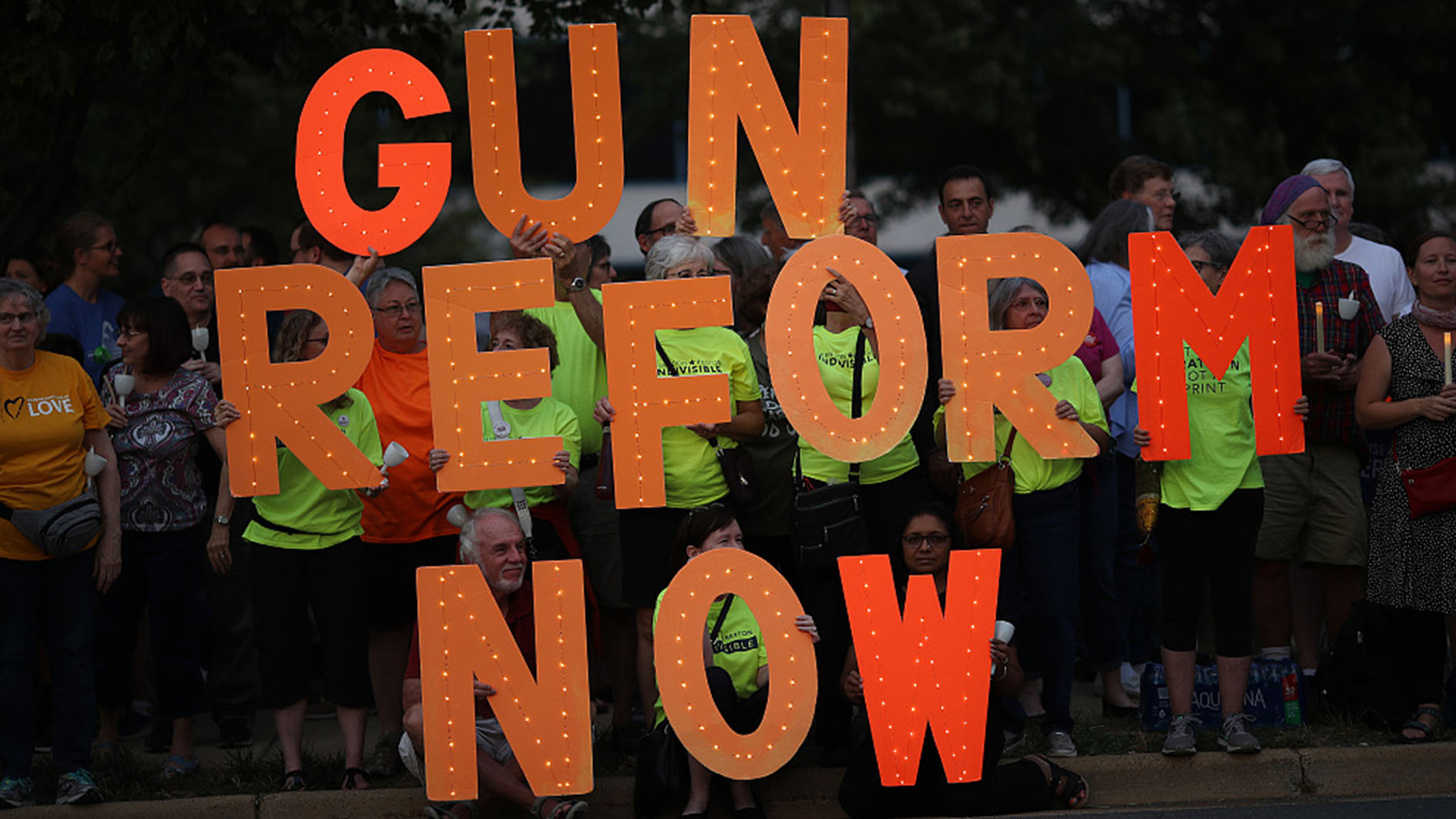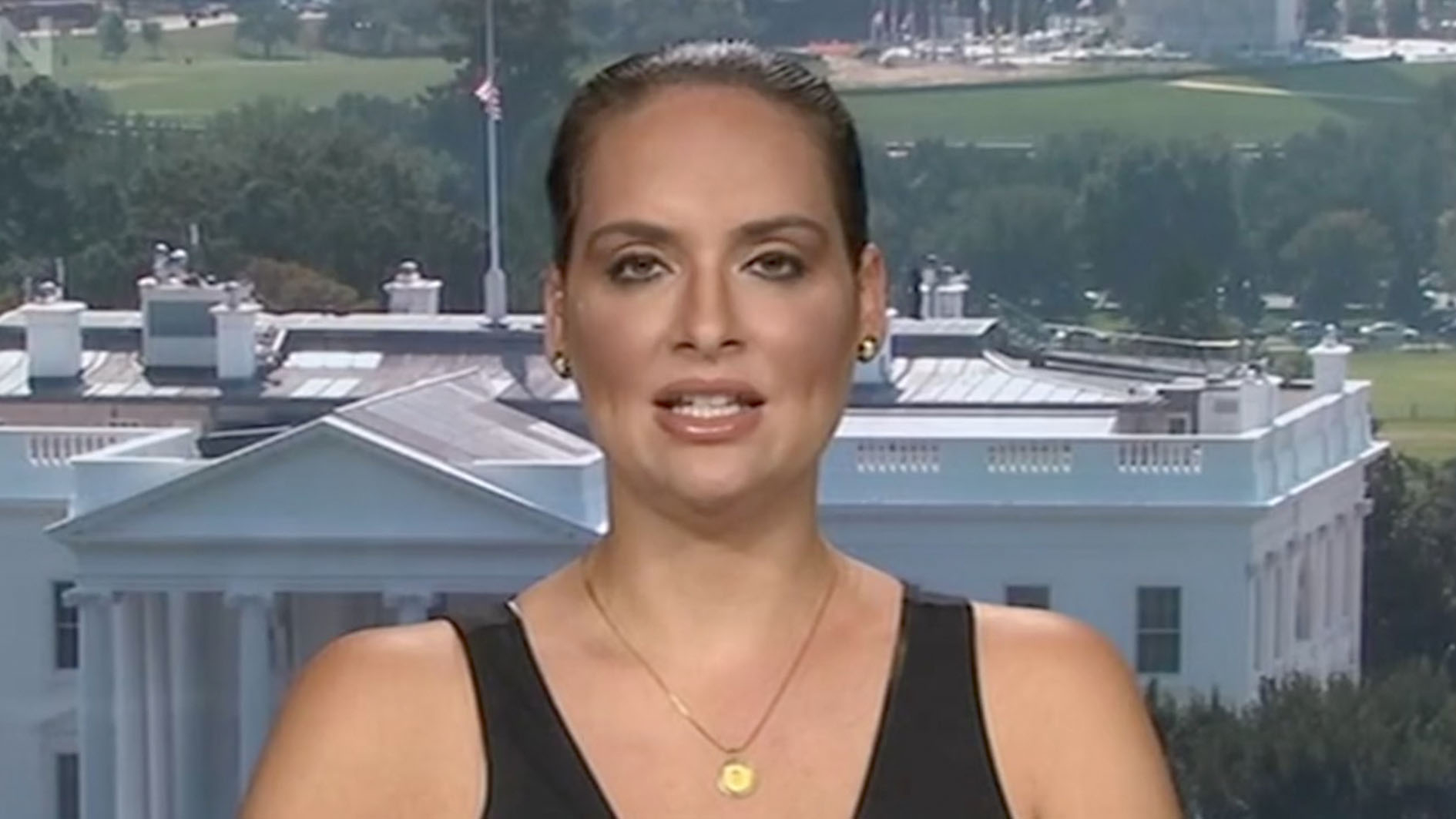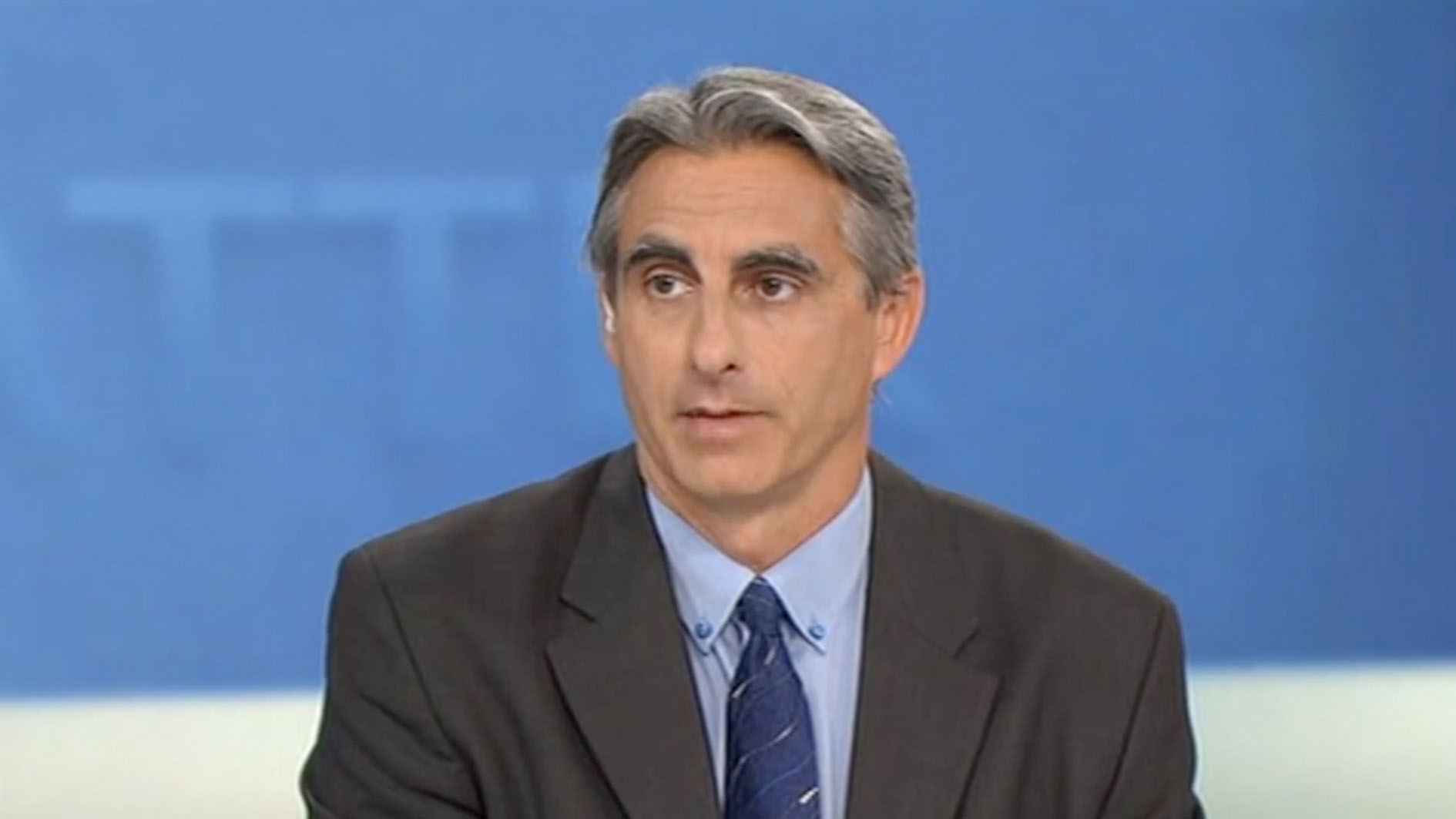

The U.S. is once again grieved by the shooting rampages in El Paso, Texas and Dayton, Ohio in which at least 31 people were killed and dozens more were wounded. However, there will be no change in gun control rules in the U.S., according to Professor James Rae from California State University, Sacramento.
"Every time we have one of these shocking shootings that go on to list how many people are killed, there is outrage among Democratic voters and Democratic Party leaders, but the Republican Party is really not invested in gun control laws.
The National Riffle Association (NRA) has so much influence within that party and even some of the Democratic Party… and then the fact is that it would take constitution amendment to really change the right to bear arms…I think we’re accustomed that nothing will happen despite the broad outrage," said Professor Rae.
Bassima Alghussein, CEO of Alghussein Global Strategies in Washington, D.C., further explained that the reason behind the lack of adequate response from the Republican Party and the White House is that U.S. President Donald Trump is "a very strong supporter of the second amendment", which is the right to bear arms, and he has large lobbying influence from the National Riffle Association as well as members of Congress who are non-negotiable on the gun control issue. And "the increasing hate crimes in large part probably due to the xenophobic language that President Trump has been using consistently throughout his two years in office," she added.

In his Monday remarks, delivered from the White House, U.S. President Trump urged the nation to condemn bigotry and white supremacy while focusing on combating mental illness over new gun-control measures. "Mental illness and hatred pull the trigger. Not the gun," he said.
Former El Paso Congressman Beto O'Rourke, who is now running for president, calls President Trump a white nationalist and claims that his rhetoric "encourages" this kind of violence. His view was also echoed by Liu Hongchuan, senior partner of Broad & Bright Law Firm, suggesting that Donald Trump may have downplayed his influence and actually his anti-immigration attitude may have contributed either directly or indirectly to the increasing gun violence in the States.

Meanwhile, Professor Rae was also concerned that compared with shootings in 1980s and 1990s which often occurred at work or workplace violence fired by people at 40s or 50s, the new group of young people committing shooting crimes reflected a common story that they are loners, anti-social, were bullied at school, and gravitate to the social media messages, such as the hateful speech and anti-immigration rhetoric.
Sharing the same concern, Bassima Alghussein believes that "we will continue to see copycat attempts as we have continuously failed to decrease the amount of guns and circulations."
(If you want to contribute and have specific expertise, please contact us at opinions@cgtn.com)

Copyright © 2018 CGTN. Beijing ICP prepared NO.16065310-3
Copyright © 2018 CGTN. Beijing ICP prepared NO.16065310-3